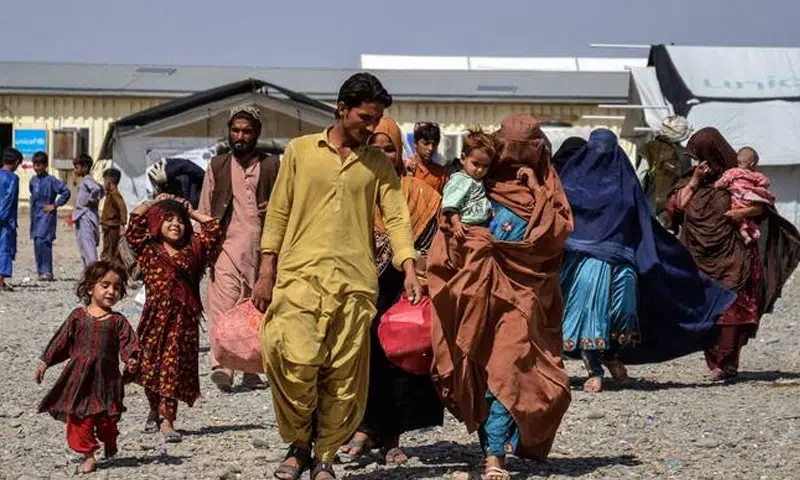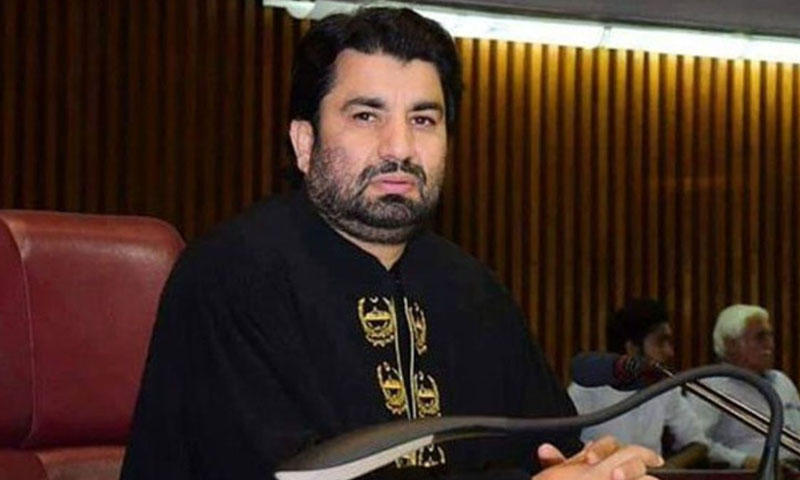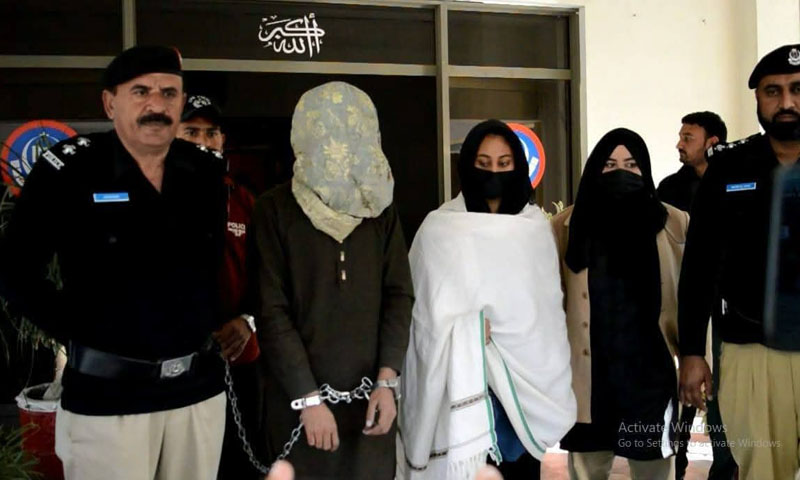- Web Desk
- Feb 09, 2026
UNHCR urges Pakistan to extend stay of registered Afghans
-

- Tahir Khan Tahir Khan
- Aug 26, 2025

ISLAMABAD: As Pakistan sets an August 31 deadline for registered Afghan refugees to leave the country, the UN refugee agency on Tuesday urged authorities to extend the period for voluntary repatriation.
Pakistan plans to begin deporting nearly 1.3 million Afghans holding Proof of Registration (PoR) cards from September 1.
The Interior Ministry said in a notification earlier this month that the validity of PoR cards expired on June 30, 2025, “thereby rendering the continued stay of such individuals in the country unlawful.”
Afghans leave flood-hit Pakistan for earthquake-struck homeland
“As 1 Sept rapidly approaches, @UNHCRPakistan is asking @GovtofPakistan to extend the period for #Afghan refugees to return voluntarily, to facilitate visas for students in universities and others with links to Pakistan, and to protect those afraid to return,” Philippa Candler, UNHCR’s representative in Pakistan, wrote on X.
In early August, UNHCR had called on Pakistan to give PoR cardholders a reasonable timeframe to return in dignity and with their belongings.
According to the Interior Ministry, district administrations, police, prosecution, jail authorities, and other relevant bodies have been authorised to arrest, detain—whether in jails or other designated premises—and repatriate all illegal foreigners.
Pakistan announced a phased repatriation plan for Afghan nationals in 2023. That October, the caretaker government launched the Illegal Foreigners’ Repatriation Plan—a three-phase process citing security concerns. The first phase targeted unregistered Afghans, followed by Afghan Citizen Card (ACC) holders.
Sources earlier told Hum News English that the Ministry of States and Frontier Regions had recommended a six-month extension for PoR cardholders, but the proposal was rejected. On Aug 3, UNHCR again urged Pakistan to allow Afghans with valid reasons to stay—such as education, marriage, or medical needs—and to exempt those requiring international protection from deportation.
Meanwhile, a coalition of political parties, civil society groups, and human rights defenders, under the Joint Action Committee for Refugees (JAC-R) and Defence of Human Rights, strongly condemned the government’s plan to deport Afghan nationals, including registered PoR holders, by Sept 1.
At a press conference at the National Press Club on Tuesday, coalition representatives called on the government to prioritise humanitarian concerns, especially for women, children, and youth, and to adopt an alternative framework allowing law-abiding Afghans to remain in Pakistan.
Germany to begin admitting Afghans stranded in Pakistan
Since October 2023, more than 1.2 million Afghans have already been deported. Over 3 million more—including PoR and ACC holders—remain at risk. The July 31 repatriation orders, which invalidated PoR cards expiring on June 30, 2025, have left 1.3 million registered refugees vulnerable to persecution, detention, and harm if returned to Afghanistan.
The coalition said the deportations violate Pakistan’s Constitution, humanitarian principles, and international norms, particularly the non-refoulement principle enshrined in Pakistan’s UNHCR Cooperation Agreement. Arbitrary detentions, raids, and confiscation of refugee documents, they warned, amount to a humanitarian crisis.
“We urge the government of Pakistan to immediately halt the mass deportation of Afghan refugees and to establish a fair and humane categorisation system,” the coalition said. “Young people, women, children, and law-abiding adults who contribute to society should have a reasonable pathway to remain in Pakistan, whether through citizenship, residency, work permits, or other legal mechanisms.”
The coalition stressed that Afghans have been integral to Pakistan’s society for decades, contributing to education, health, small businesses, and culture. Instead of mass expulsions, it urged Islamabad to create legal pathways for residency, work permits, or eventual citizenship for law-abiding Afghan residents.




